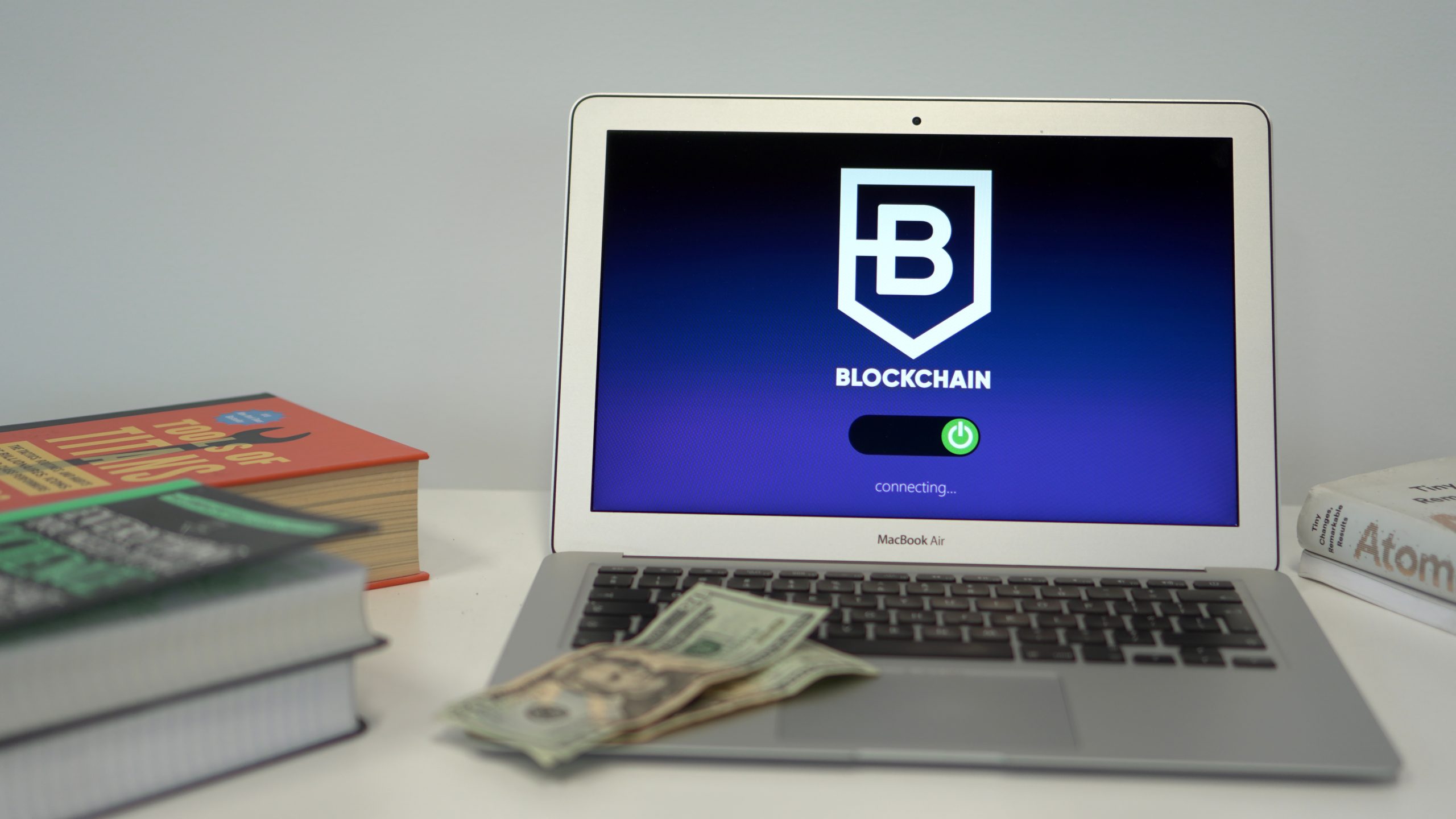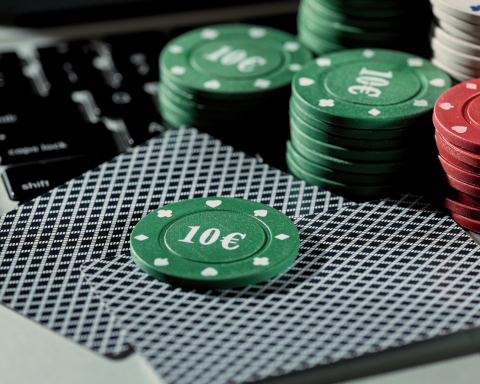The fast-evolving world of gambling in Lithuania is taking another giant leap forward by incorporating blockchain technology and cryptocurrencies like Bitcoin. This tech-driven revolution is not just a global phenomenon but is rapidly transforming local platforms such as Casinos LT in the online gambling landscape. So, what’s all the buzz about, and how is it changing the landscape of online casinos in Lithuania?
Revolutionizing Payment Methods and Security
One of the most significant impacts of blockchain is its transformation of payment methods and transaction security. In a traditional online casino, you’d often use credit cards or e-wallets for transactions. While these methods are generally secure, they can’t match the level of safety that blockchain technology offers; it eliminates the chances of fraud and data breaches.
What’s more, cryptocurrencies offer faster transaction times compared to traditional methods. Say goodbye to waiting days for a withdrawal to reflect in your bank account. With digital currencies, the process often takes just a few minutes. Plus, this cutting-edge technology ensures player anonymity, a feature that is increasingly becoming a deciding factor.
Enhancing the Gaming Experience: The Role of Cryptocurrency
The impact of blockchain and cryptocurrency extends beyond just payment methods. These technologies are adding new dimensions to the gaming experience itself. For instance, some online casinos are now offering special bonuses, like free spins Lithuania, for players who use cryptocurrency.
Another exciting development is the concept of provably fair games. With the transparency that blockchain offers, it becomes easier for players to verify the fairness of each game outcome. No more worrying if the online slot machine or blackjack game is rigged. The integrity of each game is maintained through blockchain, making the overall casino experience more trustworthy and engaging.
Regulatory Challenges and Future Outlook
While the benefits of integrating blockchain and cryptocurrency are evident, they also bring a set of new challenges for Lithuanian regulators. The Lithuanian Gaming Control Authority must now consider how these technologies fit into the existing legal framework designed to promote responsible gambling practices.
Moreover, blockchain technology is ever-evolving. As more functionalities and types of cryptocurrencies get developed, the regulatory environment needs to adapt swiftly to keep pace with these advancements. This dynamic nature of blockchain adds another layer of complexity for regulators but also promises exciting opportunities for future growth in the Lithuanian online gambling industry.
Conclusion
The integration of blockchain and cryptocurrency is shaping the future of online casinos in Lithuania, offering improved security and a better user experience. While these technologies set new industry standards, they also pose regulatory challenges. As Lithuania modernizes its gambling landscape, blockchain and cryptocurrency are key areas to watch.




